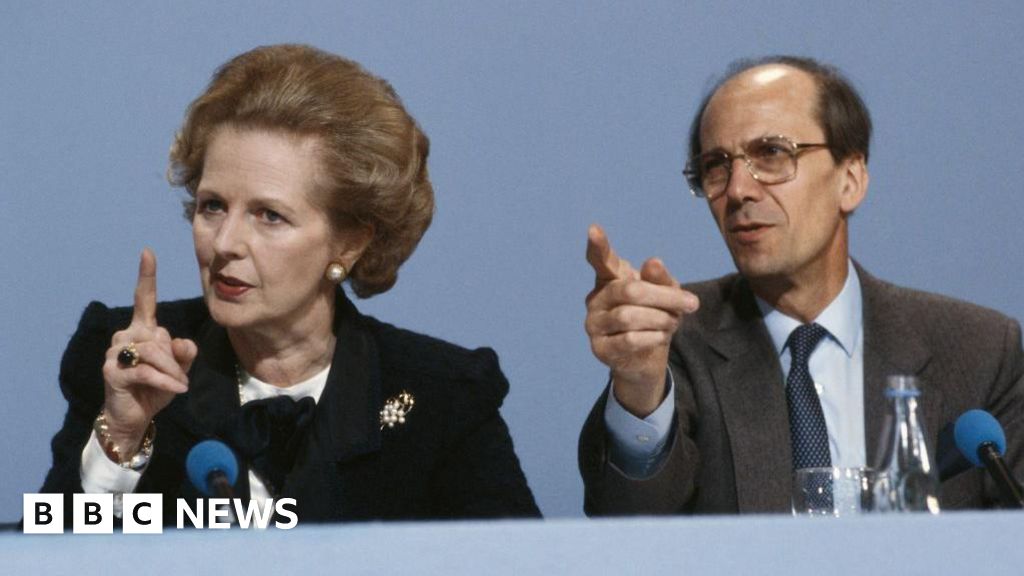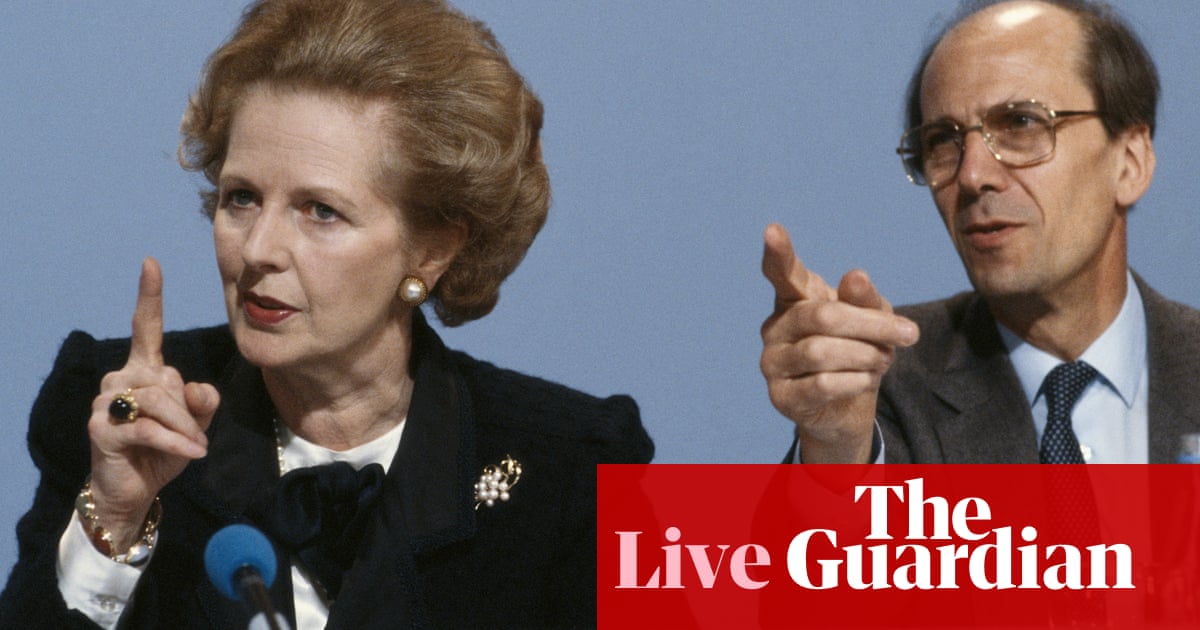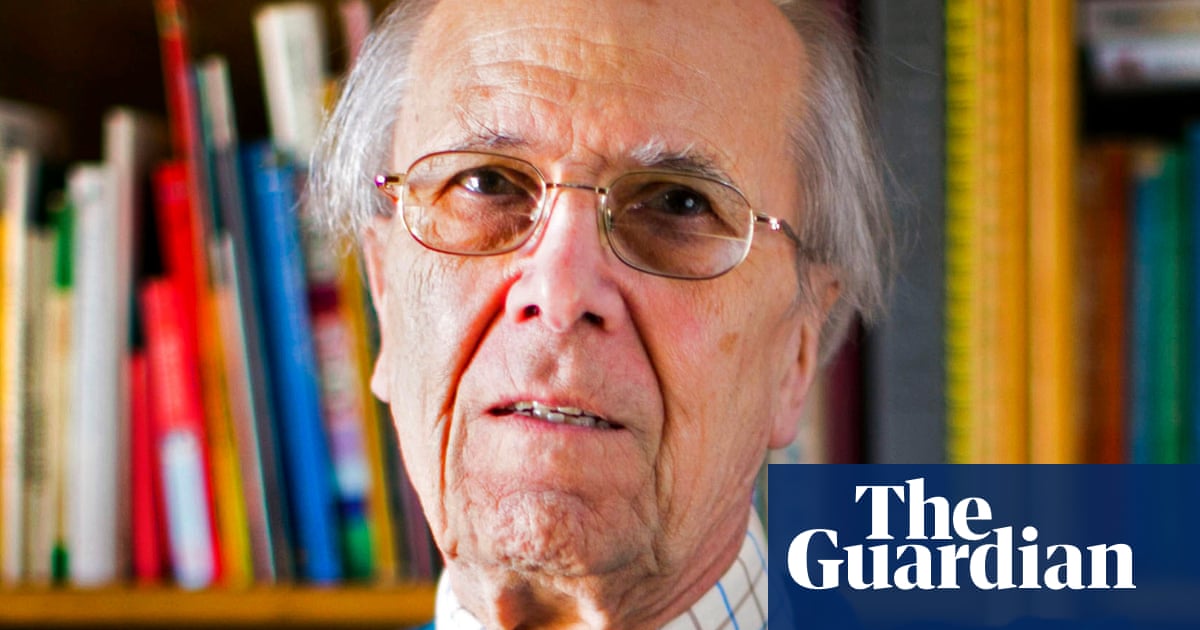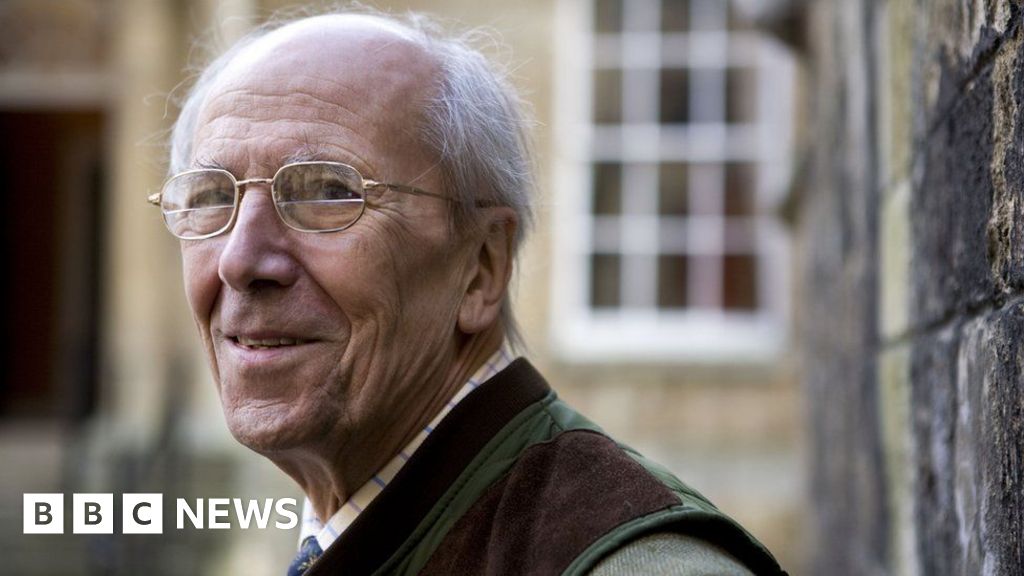Norman Tebbit, Influential Thatcher-Era Politician, Dies at 94
Norman Tebbit, a prominent figure in British politics and ally of Margaret Thatcher, has passed away at 94, leaving a lasting legacy in the Conservative Party.
Overview
- Norman Tebbit, a key ally of Margaret Thatcher, died peacefully at home at the age of 94, as confirmed by his son William.
- He was seriously injured in the 1984 IRA bombing of Brighton's Grand Hotel, which also left his wife paralyzed.
- Tebbit was known for his controversial suggestion that the unemployed should 'get on their bikes' to find work.
- He served as employment secretary, trade secretary, and chair of the Conservative Party, playing a crucial role in securing Thatcher's third election victory.
- Current Conservative leader Kemi Badenoch praised Tebbit as an icon of British politics, highlighting his significant impact across the political spectrum.
Report issue

Read both sides in 5 minutes each day
Analysis
Center-leaning sources frame Norman Tebbit's death as a significant loss to British politics, emphasizing his role as a key figure in the Thatcher era. They highlight his controversial views and contributions, reflecting a mix of respect and critique, while acknowledging his complex legacy within the Conservative Party and broader political landscape.
Articles (5)
Center (3)
FAQ
Norman Tebbit served as Employment Secretary, Trade and Industry Secretary, and Chairman of the Conservative Party during Margaret Thatcher's government.
Norman Tebbit was seriously injured in the 1984 IRA bombing of the Brighton Grand Hotel, and his wife was left paralyzed as a result of the attack.
Norman Tebbit is famously remembered for his controversial suggestion that the unemployed should 'get on their bikes' to find work, a phrase that became emblematic of his political stance.
Current Conservative leader Kemi Badenoch described Norman Tebbit as an icon of British politics who had a significant impact across the political spectrum, highlighting his enduring influence.
Norman Tebbit considered standing for the Conservative leadership following Margaret Thatcher's resignation in 1990 but ultimately decided not to run.
History
- This story does not have any previous versions.





